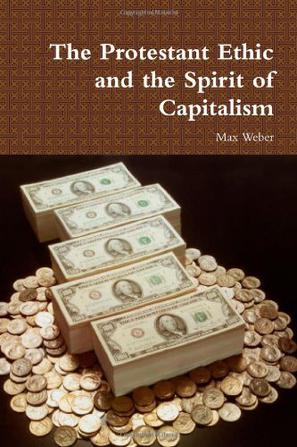
an increasingly scientific method of scholarship and jurisprudence. the merging of observation with mathematics. Instead, he viewed it was part of a cultural complex that included the following: He never claimed that religion was the complete, simple, isolated cause of the rise of capitalism in the West. Additionally, Weber observed that both ascetic Protestantism and capitalism encouraged cultural practices that reinforced one another. In other words, although he did not argue that religion caused economic change, Weber did find that ascetic Protestantism and modern capitalism often appeared alongside one another in societies. By elective affinity, Weber meant something less direct than causality, but something more direct than correlation. Weber proposed that ascetic Protestantism had an elective affinity with capitalism, bureaucracy, and the rational-legal nation-state in the Western world. Weber viewed religion as one of the core forces in society. In contrast to Marx’s “historical materialism,” Weber emphasized how the cultural influences embedded in religion could be a means for understanding the genesis of capitalism. Although some consider Weber’s argument to be a study of religion, it can also be interpreted as an introduction to his later works, especially his studies of the interaction between various religious ideas and economic behavior. In The Protestant Ethic and the Spirit of Capitalism, his most famous text, Weber proposed that ascetic Protestantism was one of the major “elective affinities” associated with the rise of capitalism, bureaucracy, and the rational-legal nation-state in the Western world. 
The Protestant Ethic and the Spirit of Capitalism

The Protestant Ethic and the Spirit of Capitalism.








